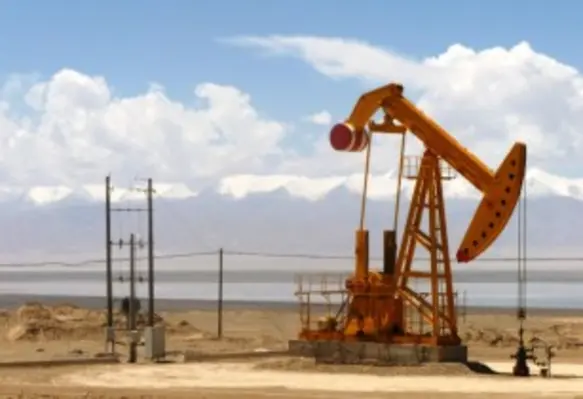Global oil discoveries fell to a record low in 2016 as conventional oil projects sanctioned were at the lowest level in more than 70 years, according to the International Energy Agency
Oil discoveries declined to 2.4 billion barrels in 2016, compared with an average of 9 billion barrels per year over the past 15 years. Meanwhile, the volume of conventional resources sanctioned for development last year fell to 4.7 billion barrels, 30 per cent lower than the previous year as the number of projects that received a final investment decision dropped to the lowest level since the 1940s.
This sharp slowdown in activity in the conventional oil sector was the result of reduced investment spending driven by low oil prices. It brings an additional cause of concern for global energy security at a time of heightened geopolitical risks in some major producer countries, such as Venezuela.
With global demand expected to grow by 1.2 mn bpd a year in the next five years, the IEA has repeatedly warned that an extended period of sharply lower oil investment could lead to a tightening in supplies. Exploration spending is expected to fall again in 2017 for the third year in a row to less than half 2014 levels, resulting in another year of low discoveries. The level of new sanctioned projects so far in 2017 remains depressed.
"Every new piece of evidence points to a two-speed oil market, with new activity at a historic low on the conventional side contrasted by remarkable growth in US shale production," said Dr Fatih Birol, the IEA's executive director. "The key question for the future of the oil market is for how long can a surge in US shale supplies make up for the slow pace of growth elsewhere in the oil sector."
The offshore sector, which accounts for almost a third of crude oil production and is a crucial component of future global supplies, has been particularly hard hit by the industry's slowdown. In 2016, only 13 per cent of all conventional resources sanctioned were offshore, compared with more than 40 per cent on average between 2000 and 2015.








